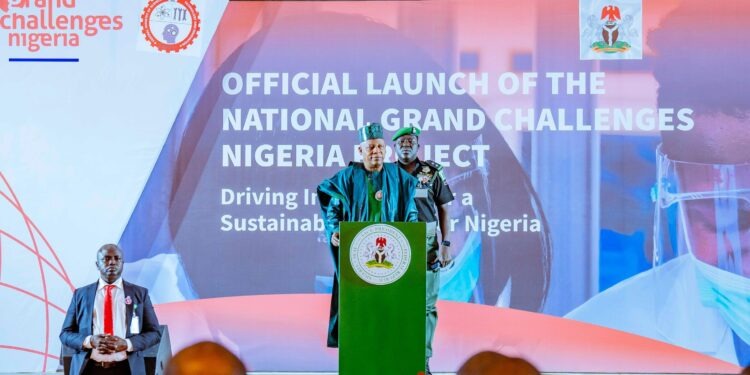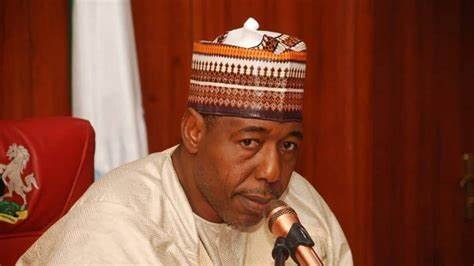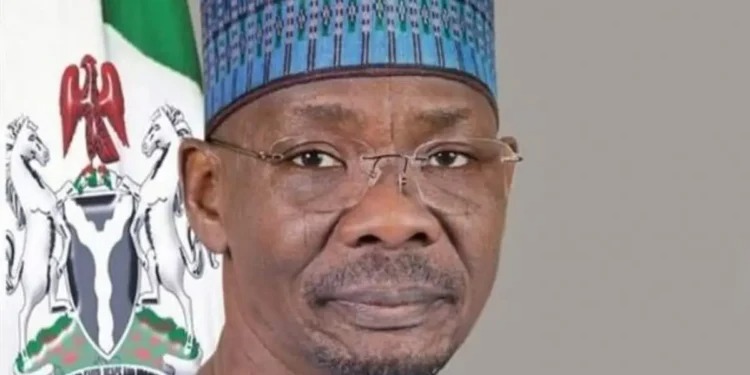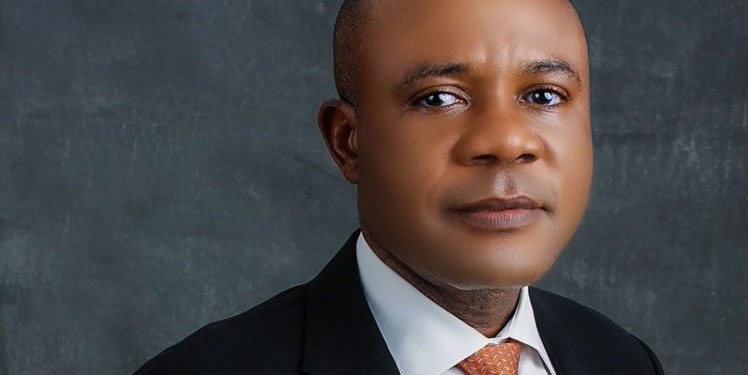The month of November is gone and bitcoin did not hit the $100,000 price mark.
This is sad news to some Polymarket users who placed huge bets on Bitcoin surpassing $100,000 in November.
Traders who hedged their bets on Bitcoin hitting $100,000 in November have been liquidated as the asset did not achieve that fit despite coming as close as $99,000.
Towards the end of the month, Bitcoin surged to an all-time high of $99,655, increasing the chances of hitting the $100,000 price level to 91%, on Polymarket.
The 91% chance on Polymarket attracted lots of traders who put in their funds on the likelihood of the event occurring.
However, that did not take place as Bitcoin faced a steeped correction dropping as low as $90,800 on Nov.27 before bouncing back.
Bitcoin closed November around the $98,000 price range liquidating the bets of traders who hedged their money on the asset crossing the $100,000 mark in the month.
Heavy Liquidation as a 91% odd fails
A 91% odd on Polymarket was enough to convince people to go big on their bets. A Polymarket user with the name TomApproves placed a $114,000 bet while another placed a $56,000 bet on the same event.
Both users got liquidated as Bitcoin failed to cross the target within the month.
The Total trading volume of the event hit $28.5 million according to Polymarket.
$100,000 Price level In December poll surges to 71%
Another poll placing Bitcoin to hit $100,000 this month is currently live and has surged from 19% to 71%.
The poll has already surpassed $14 million in trading volume at the time of the report.
- Another Poll places a 40% chance of Bitcoin falling to the $90,000 price level.
- Bitcoin started Monday morning surging to $98,150 but at the time of the report has dropped to $95,229. its 24-hour trading volume sits at $66 billion at the moment.
Some Analysts still believe Bitcoin will hit the $100,000 mark in the last month of the year. Robert Kiyosaki a leading financial voice believes the asset will drop to as low as $65,000 before crossing the $100,000 mark.
What to Know
Polymarket is a leading crypto-based online prediction site where users can hedge their bets on the outcome of live events.
The platform surged to prominence during the US election cycle where it accurately predicted the outcome of the US elections days before the election.
Polymarket however faces an existential crisis as analysts worry the platform might lose relevance Post US election due to a scarcity of reasonable world events to hedge bets on.








